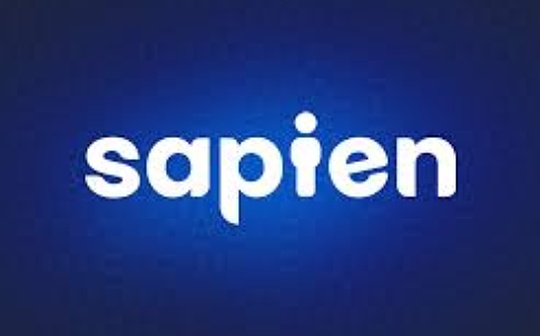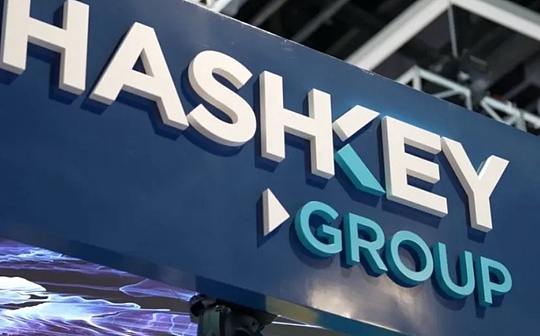
Author: Jesse Walden, co-founder of Variant Fund; compiled by: 0xjs@Bitchain Vision
“Data is oil for the new era.” This analogy is appropriate because data is the resource that powers the most transformative AI models, and like crude oil, data must be processed and refined to work.This process, mainly artificially-led, is data annotation, is already a $2.2 billion industry in 2022 and is expected to grow at an order of magnitude in the coming years.
However, with the rapid and sustainable development of AI, the demand for labeling has exceeded the supply.Many clients are unable to obtain the data they need because the labeling company lacks the skilled workforce to provide professional services.Some customers are unbearable because of the high prices.This high-growth but supply-constrained industry seems to have reached a mature stage where innovation is urgently needed – we believe that encryption technology can be a breakthrough.
Variant is pleased to announce that Variant led the $10.5 million seed round of funding from Sapien to expand its decentralized data labeling network.
Introduction to Sapien
The dominant philosophy behind Sapien is that encryption can be used to build a larger annotation network faster while maintaining higher data quality.The team is building a protocol to organize and compensate human labelers (or “AI workers”) around the world more efficiently than centralized companies – including part-time workers, skilled workers, and even small businesses.Here are a few aspects we believe that encryption can give Sapien a desired advantage in this area:
1. Global Network: Data annotation is a global industry, where large companies (mainly located in the San Francisco Bay Area) usually set up branches in Asia, recruit local workers, and then sell the marked data to customers around the world.There is friction when switching between different banks, laws and labor systems.An Internet-native protocol is the smoothest platform for these different parties to interact.Sapien can easily open up any new territory for clients or labelers, including gathering skilled workers from around the world to complete niche and professional tasks.
2. Optimize the cost structure: Sapien will use cryptographic tracks and stablecoins to handle all payment matters and rely on protocols to coordinate as much as possible, rather than manual management.These innovative initiatives enable it to automate some of the operational redundancy that is currently plaguing the industry, thus reducing costs.
3. Token incentives: Many new annotation networks are struggling in the initial development stage, but as a tokenized market, Sapien can use tokens to incentivize supply on a larger scale.Sapien can also use rewards and its on-chain reputation system to design better incentives to improve the accuracy of labeled data – so far, they have reported 99%.Finally, allocating network value and ownership should inspire more skilled workers to join, as this will allow them to gain potential benefits in the development of the network.
With these innovations, we believe that Sapien can grow faster than its competitors while providing more cost-effective services.This model is still in the experimental stage, but if executed properly, it could revolutionize the industry as a whole.
Although Sapien is a young startup, it has made great strides and is growing rapidly.Its early customers include some of the world’s largest companies, such as Alibaba, Baidu and Good Future, as well as well as well as well-known AI research institutions such as Midjourney.Its network covers participants from over 70 countries, which is achieved through partnerships with large organizations such as Worldcoin and Yield Guild Games.The network has marked more than 2 million data points, the number of active markers has just exceeded 10,000, and is growing at a rate of 50% per month.
Sapien Team
Sapien’s development process demonstrates the strength of its team – a streamlined and elite team of industry veterans.
They are led by CEO Rowan Stone, who is one of Base’s founding team members who helped launch Layer 2;
And Trevor Koverko, who has been a senior member of the Ethereum community since 2017 and the founder of Polymath, one of the largest real-world assets (RWA) agreements at the time.
There are other members of the team who have been responsible for business development at Kraken, bringing Flow blockchain to market, and building traditional AI businesses.
In our opinion, for this field, they have an ideal combination of crypto-native marketing (GTM) and corporate backgrounds.






